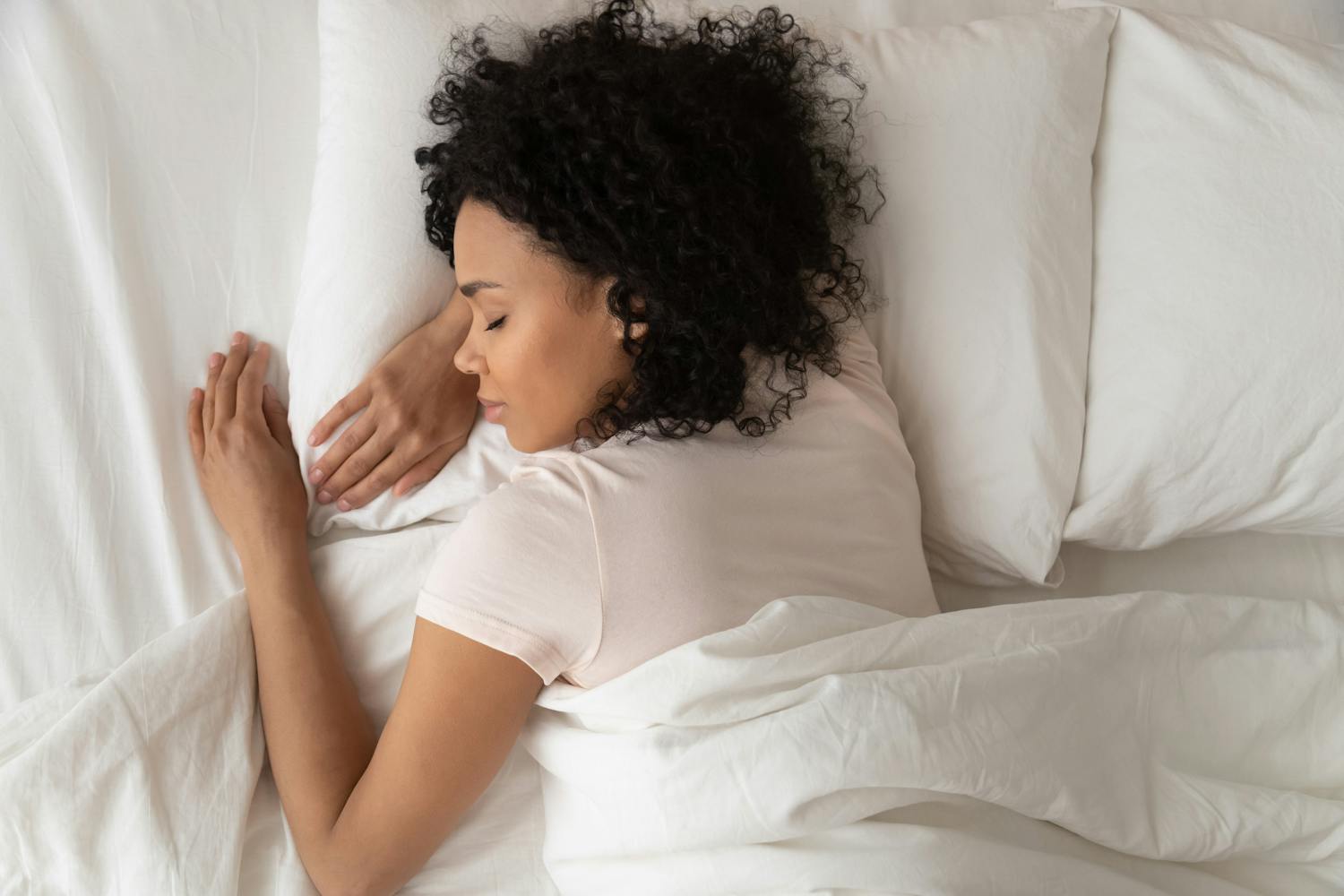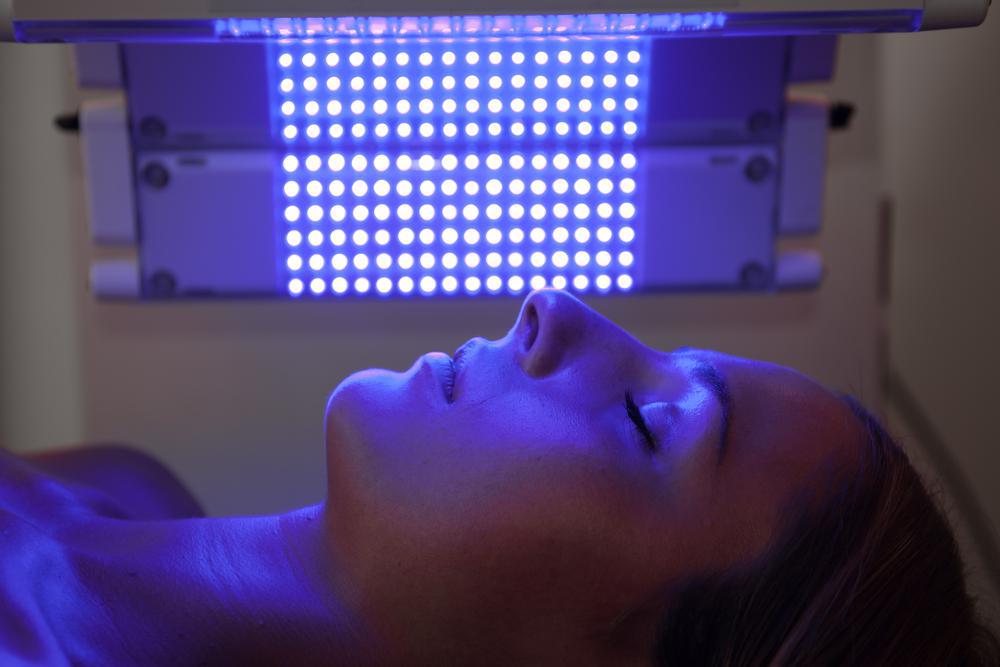Advanced Sleep Therapy - Attain Deep, Relaxed Sleep
Advanced Sleep Therapy - Attain Deep, Relaxed Sleep
Blog Article
Efficient Treatment Solutions for Managing Rest Disorders and Enhancing Peaceful Sleep
In the realm of medical care, the management of rest disorders and the pursuit for peaceful rest are critical parts of general health. As we browse the elaborate landscape of rest problems and seek to enhance our sleep experience, a much deeper understanding of these therapy options might hold the key to opening a more refreshing and meeting restorative journey.
Cognitive Behavior Modification for Insomnia (CBT-I)
Cognitive Behavioral Therapy for Sleeplessness (CBT-I) is an organized, evidence-based therapy approach that concentrates on resolving the hidden elements adding to rest disruptions. This kind of treatment intends to change behaviors and thoughts that worsen insomnia, inevitably advertising healthy sleep patterns. CBT-I generally involves numerous crucial parts, including cognitive therapy, sleep limitation, stimulation control, and rest health education and learning.
Cognitive therapy assists people recognize and transform adverse thought patterns and ideas concerning sleep that may be preventing their capacity to drop or stay asleep. Sleep restriction involves restricting the quantity of time invested in bed to match the individual's actual rest period, consequently boosting sleep effectiveness (insomnia solutions). Stimulus control techniques assist develop a solid association in between the bed and sleep by encouraging individuals to visit bed just when sleepy and to avoid taking part in promoting activities in bed
In addition, rest hygiene education and learning concentrates on creating healthy and balanced sleep habits, such as maintaining a constant sleep schedule, developing a relaxing bedtime routine, and optimizing the sleep environment. By addressing these elements comprehensively, CBT-I offers an effective non-pharmacological intervention for taking care of sleep problems and enhancing total rest high quality.
Sleep Health Practices
Having developed the foundation of cognitive restructuring and behavioral alterations in resolving sleep problems through Cognitive Behavioral Treatment for Sleeping Disorders (CBT-I), the emphasis currently shifts towards discovering vital Rest Hygiene Practices for preserving ideal rest quality and general health.
Rest hygiene practices include a variety of routines and environmental aspects that can significantly influence one's capability to go to sleep and stay asleep throughout the night. Consistent rest and wake times, developing a relaxing bedtime routine, and optimizing the rest atmosphere by keeping it dark, peaceful, and cool are vital parts of good sleep health. Restricting direct exposure to displays before bedtime, staying clear of stimulants like caffeine close to going to bed, and taking part in routine physical activity during the day can likewise promote much better sleep high quality.
Additionally, practicing leisure strategies such as deep breathing exercises or meditation prior to bed can aid soothe the mind and prepare the body for sleep. By integrating these sleep health techniques right into one's day-to-day routine, people can develop a healthy and balanced rest pattern that supports restful rest and total wellness.
Leisure Methods and Mindfulness
Executing leisure techniques and mindfulness practices can play an essential duty in fostering a sense of calmness and advertising top quality sleep. Furthermore, led images can assist transfer individuals to a peaceful place in their minds, helping in stress reduction and enhancing sleep high quality.
By integrating these methods into a bedtime regimen, people can indicate to their bodies that it is time to loosen up and prepare for sleep. In general, incorporating leisure techniques and mindfulness techniques can considerably contribute to handling sleep problems and improving total rest quality.

Medicine Options for Sleep Disorders
After discovering leisure strategies and mindfulness techniques as non-pharmacological interventions for improving sleep high quality, it is important to take into consideration medicine options for people with sleep conditions. In instances where way of living changes and therapy do not offer enough alleviation, medicine can be a valuable tool in handling rest disruptions.
Frequently suggested drugs for sleep disorders include benzodiazepines, non-benzodiazepine hypnotics, antidepressants, and melatonin receptor agonists. Benzodiazepines, such as diazepam, are sedatives that can aid cause rest, however they are generally recommended for short-term use because of the danger of dependence. Non-benzodiazepine hypnotics like zolpidem are likewise made use of to deal with sleep problems and have a lower threat of dependancy contrasted to benzodiazepines. Antidepressants, such as trazodone, can be advantageous for people with co-occurring anxiety and sleep disruptions. Melatonin receptor agonists, like ramelteon, target the body's natural sleep-wake cycle and can be practical for managing rest patterns.
It is critical for people to talk to a medical care supplier to figure out the most ideal drug option based on their particular sleep problem and clinical background.
Light Therapy for Body Clock Guideline
Light therapy, look at here likewise known as photo-therapy, is a non-invasive treatment approach utilized to regulate circadian rhythms and improve sleep-wake cycles. This treatment includes direct exposure to brilliant light that mimics all-natural sunlight, which aids to reset the body's body clock. By revealing individuals to details wavelengths of light, commonly in the morning or night depending upon the desired effect, light treatment can effectively change the circadian rhythm to advertise wakefulness throughout the day and boost relaxed rest in the evening.
Research has revealed that light treatment can be specifically useful for individuals with circadian rhythm disorders, such as postponed sleep phase disorder or jet lag. It can also be valuable for those experiencing seasonal affective disorder (SAD), a type of clinical depression that normally occurs during the cold weather intrinsic sleep disorders when natural light direct exposure is decreased. Light therapy is typically well-tolerated and can be made use of combined with other treatment methods for sleep disorders to optimize results and enhance general rest top quality.
Conclusion
To conclude, reliable treatment solutions for handling sleep conditions and boosting restful sleep include Cognitive Behavioral Treatment for Sleeping Disorders (CBT-I), rest health techniques, relaxation techniques and mindfulness, medicine options, and light therapy for body clock policy. These approaches can help people improve their sleep top quality and total health. It is necessary to talk to a medical care copyright to determine one of the most ideal strategy for addressing rest problems.
As we navigate the elaborate landscape of sleep disorders and seek to boost our sleep experience, a much deeper understanding of these treatment services may hold the trick to opening a more refreshing and satisfying restorative trip.
Rest constraint involves restricting the quantity of time invested in bed to match the person's actual sleep duration, thereby raising sleep efficiency. Regular sleep and wake times, producing a relaxing bedtime regimen, and enhancing the sleep atmosphere by maintaining it dark, peaceful, and cool are important components of great rest hygiene. Light treatment is typically well-tolerated and can be used in combination with other therapy techniques for rest problems to enhance results and improve total rest high quality.

Report this page